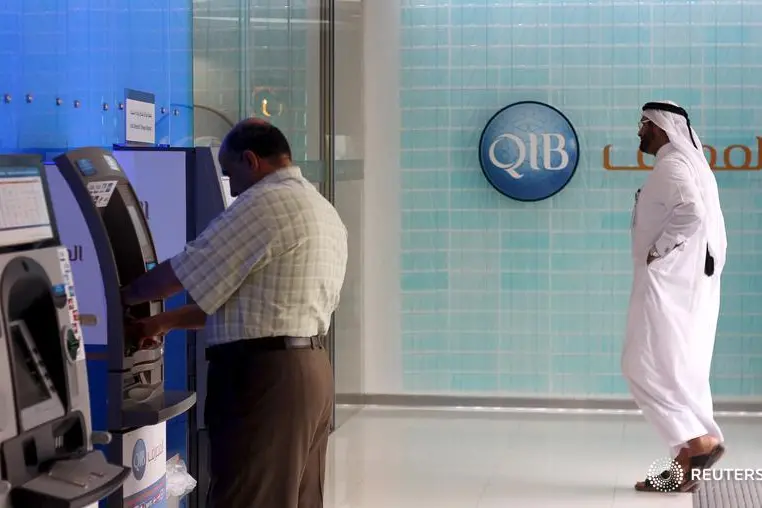PHOTO
Qatari banks' funding and liquidity profiles will benefit from Saudi Arabia's decision to lift its blockade on Qatar, as clients are expected to shift back funds and deposits withdrawn during the boycott, Fitch Ratings said.
"We expect Saudi clients, who withdrew deposits from Qatari banks due to the blockade, to start shifting some of their funds back. This will provide Qatari banks with an additional pool of liquidity, which will diversify their funding base, reduce their reliance on price-sensitive government-related entity and corporate deposits, and cut their funding costs," the global ratings agency said.
Qatar's banking sector is the most dependent in the Gulf Cooperation Council (GCC) on non-domestic funding, with foreign liabilities accounting for more than 45 percent of total funding at end-3Q20.
According to Fitch, the blockade led to the withdrawal of about $30 billion of non-resident deposits from Qatari banks in June-October 2017, predominantly by Saudi Arabian depositors but also by some from the UAE, causing tightening of foreign-currency liquidity.
The Qatari authorities stepped in with $40 billion of sovereign liquidity injections, consisting mainly of placements by the Qatari Central Bank, the Ministry of Finance and Qatar Investment Authority.
Qatari banks' total non-domestic deposits accounted for 25% of their overall deposits at end-3Q20, in line with pre-blockade levels.
"High dependence on non-domestic funding is one of the contributors to Qatari banks having a weighted average cost of funding (COF) about 200bp higher than that of Saudi banks in 3Q20, and a weighted average net interest margin (WA NIM) about 100bp lower. Saudi banks also benefit from a significantly higher portion of current and savings accounts, particularly retail deposits, which are fairly low-cost," Fitch said in the report.
"The end of the blockade should encourage GCC tourists back to Qatar when the pandemic eventually eases. This should help reduce the pressure on the country's distressed real estate and hospitality sectors, which are the largest sources of asset-quality problems for banks," Fitch noted.
Qatari banks' operating environment is on negative outlook due to the economic effects of the pandemic and still subdued oil prices.
Fitch expects asset quality to deteriorate, and higher loan impairment charges could put pressure on profitability and internal capital generation.
"The sector's high reliance on external funding makes it vulnerable to external political and economic shocks. Nevertheless, Qatari banks' Issuer Default Ratings are on Stable Outlook as they are driven by Fitch's view of an extremely high probability of support for banks from the Qatari authorities, should it be needed," the ratings agency said.
(Writing by Seban Scaria; editing by Daniel Luiz)
Disclaimer: This article is provided for informational purposes only. The content does not provide tax, legal or investment advice or opinion regarding the suitability, value or profitability of any particular security, portfolio or investment strategy. Read our full disclaimer policy here.
© ZAWYA 2021





















